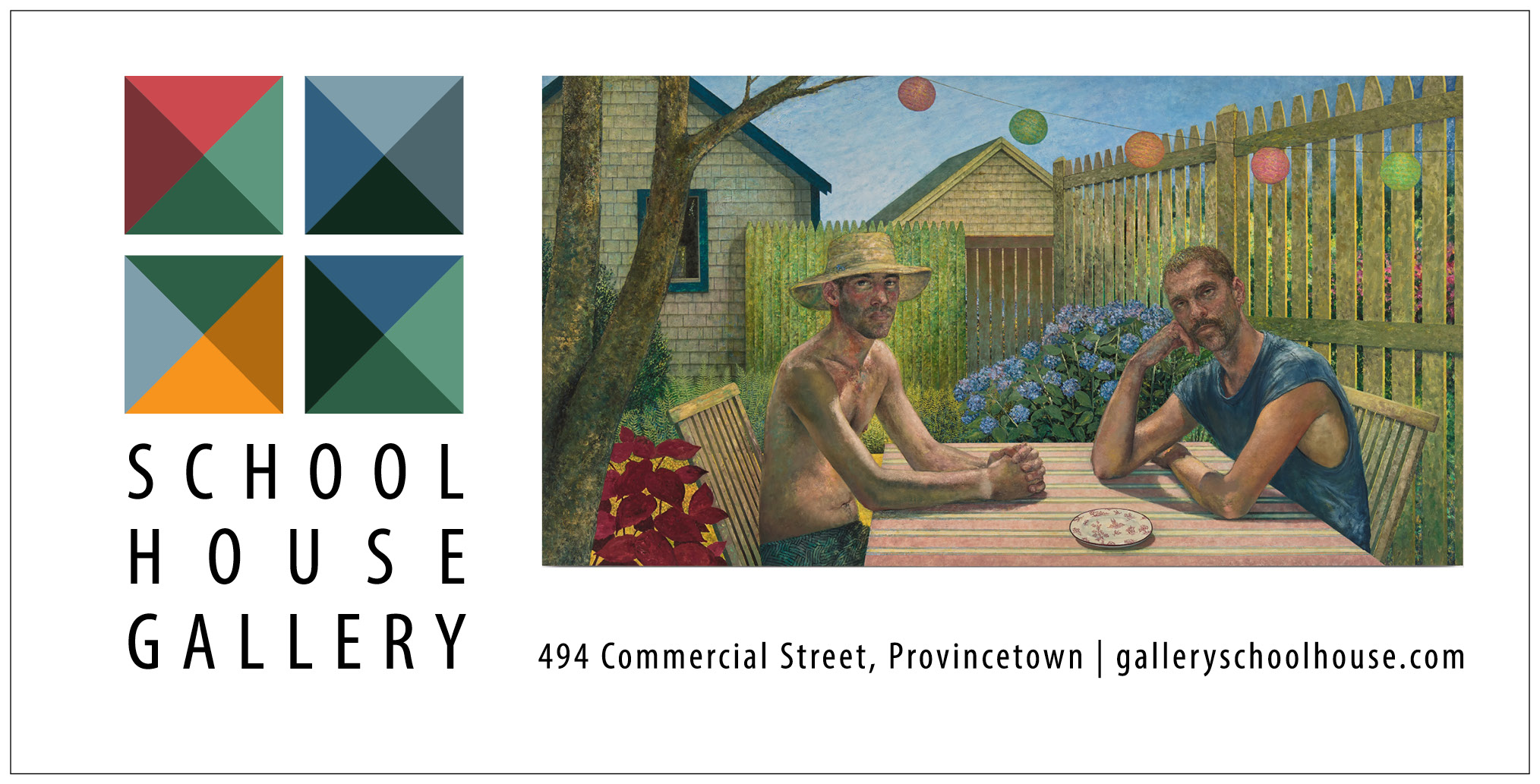I started writing obituaries for the Independent last May, and in the months since I have written roughly 50. While I can’t say that the work gives me pleasure, I find it both interesting and important.
My mother died in April 2020, one month into the pandemic that doesn’t want to go away. I attended the funeral on my iPhone. The memorial service my siblings and I have been trying to plan has had to be put off time and again because of the spread of Covid. Her last public appearance, as it were, was her obituary. And that was distressing, because so many things about her were missing.
According to my mother’s obituary, which was written by a funeral service employee with help from the minister who officiated at her funeral, my mother should be remembered because she was a kind old lady who read her Bible and supported her church. While those things are true, they do not capture the radiance of her being in the world. How, for example, she married at 16 during World War II, gave birth to four children, and worked at the local Kodak factory to support her family — and, after all that, still drew wolf whistles from teenagers on the main street of our New Jersey town.
The challenge for me in writing obituaries is to capture the radiance of each individual life and make that light visible alongside the facts of birth, education, marriage (or not), career, family, social commitments, and so on. What knits those things together is storytelling, animated by small but resonant detail.
Unlike the New York Times, which, according to one of its reporters in the documentary Obit, selects subjects for its obituary page based on their “impact in the world,” the Independent tries to publish obituaries about everyone who has lived on or been deeply connected to the Outer Cape. I believe every single person whose life is entangled with this place has had an effect here, because each has lived a life unlike any other.
There are complications in writing obituaries. Some people’s lives are more public than others. Details about family estrangements or embarrassing early marriages may or may not be significant in a public rendering of a life. In addition, we usually are given a draft obituary that has been written by a family member who may feel protective of each word or be grieving too deeply to engage a stranger in conversation.
Teasing out a story that captures the idiosyncrasies of a life while balancing public and private interests on the level of fact and of expression can be fraught. Emotion is too easily expressed in clichés, which do more to conceal rather than reveal the particular radiance of a life.
By talking with the bereaved and listening for the details that emerge, I try to find the story, or simply an image, that renders the quality of that unique life in relation to the quality of this unique place.



